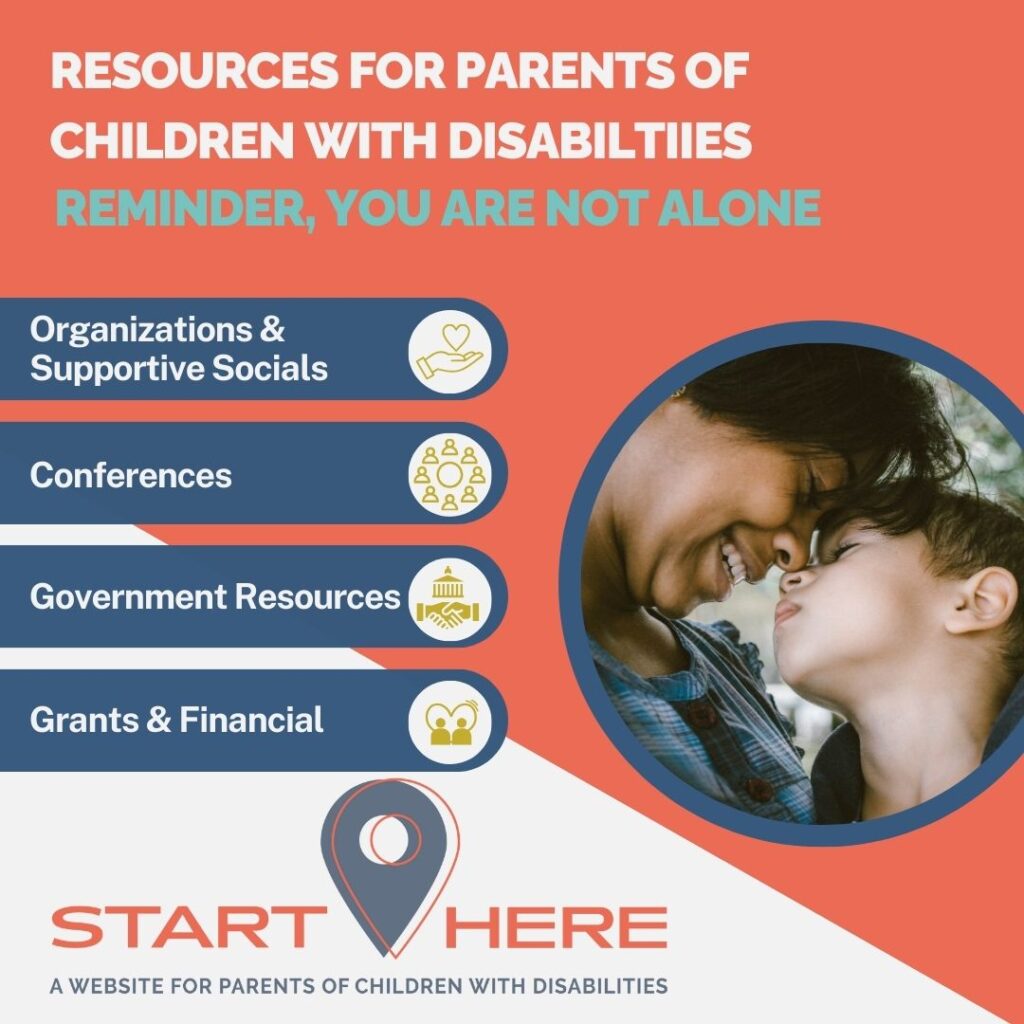
We are continuing to build out the resources that may support you as you support your child…
- Organizations
- Conferences
- Government Resources
- Housing
- Grants & Financial Resources
- Supportive Websites & Blogs
This list is growing and evolving, if you would like your organization included please email: [email protected] for consideration.
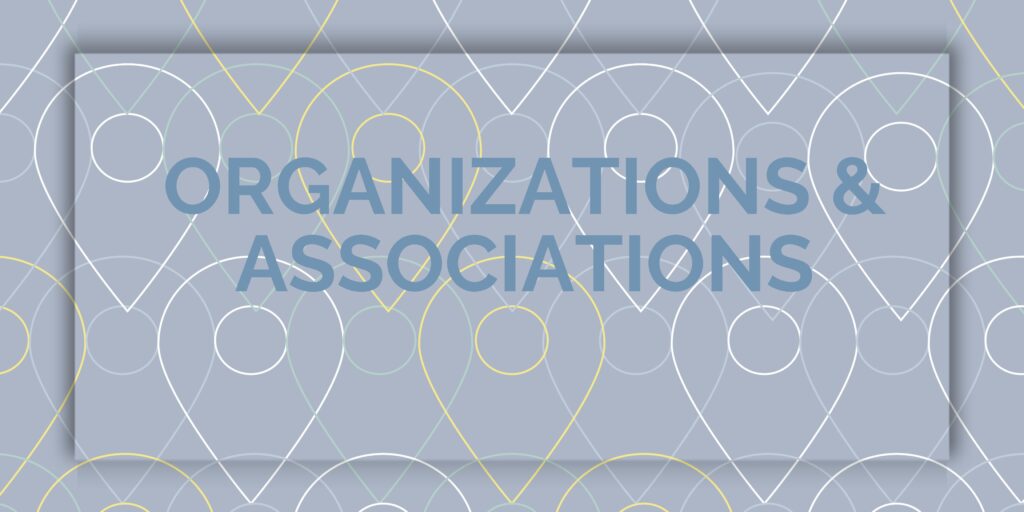
The Arc: With hundreds of state and local chapters across the country, The Arc’s chapter network is on the frontlines from first breath to last to ensure that people with IDD have the support and services they need to be fully engaged in their communities.
Autism Speaks: Autism Speaks Inc. is a non-profit autism awareness organization and the largest autism research organization in the United States. It sponsors autism research and conducts awareness and outreach activities aimed at families, governments, and the public.
Autism Care Today SOS Program provides financial assistance for immediate and emergency care needs for a child with autism.
Best Buddies: Organization for helping kids with disabilities develop friendships and stay social by helping form meaningful one-to-one friendships with peers.
Autism Society: Since 1965, the Autism Society has been providing information for individuals on the spectrum, family members, and professionals.
Council for Exceptional Children: The Council for Exceptional Children provides information and resources about Special Education.
Easter Seals: For almost 100 years, Easter Seals has been providing services to those with special needs and disabilities.
Family Voices: Children and youth with special health care needs can benefit from Family Voices.
Federation for Children with Special Needs: The focus of the Federation for Children with Special Needs is on the parents and providing support for them, which in turn benefits the child with special needs.
Family Hope Center: When children or adults have special needs, the Family Hope Center provides support to the entire family.
Family Resource Center on Disabilities: Training, assistance, and information are given to parents of children with disabilities by the Family Resource Center on Disabilities.
Friendship Circle: Locations throughout the country, pairing teens with a child with disabilities to form lasting friendships. Most programs include a number of sports, activities, social circles and trips.
Learning Disabilities Association of America: Working to increase the rate of early and accurate identification and evidence-based interventions for individuals with learning disabilities.
M.O.R.G.A.N Project: stands for Making Opportunities Reality Granting Assistance Nationwide. This group, supports families in their journey of raising a child with special needs, be that child biological, adopted or within the foster care system. In addition to having a large library of resources and information on their website, the group also assists families with travel expenses for medical treatments and gifts of medical equipment that aren’t covered by insurance, such as wheelchairs.
Move United: With over 200 member organizations in almost every state, Move United’s single goal is to ensure “everyone, regardless of ability, experiences the life-changing power of sport and is included in their community.” Established in 1956, Move United, which is an Affiliate of the U.S. Olympic & Paralympic Committee, organizes year-round sport and recreation opportunities for people with a wide range of disabilities. Their offerings include more than 70 different adaptive sports.
National Council on Independent Living: NCIL promotes social change and strives to do away with disability driven discrimination.
National Center for Learning Disabilities: Children and adults with learning disabilities will benefit from the information and resources available from the National Center for Learning Disabilities.
National Collaborative on Workforce and Disability: NCWD for Youth provides strategies and development systems for youth with disabilities to join the workforce.
National Down Syndrome Society: The NDSS supports people with Down Syndrome by providing resources such as wellness, education, and research.
Pacer Center: The Parent Advocacy Coalition for Educational Rights utilizes the idea of parents helping parents and provides support and resources for children and youth with disabilities and their families.
Parent to Parent USA: Parent to Parent USA offers support to parents of children with special needs.
United Cerebral Palsy: Mission to be the indispensable resource for individuals with cerebral palsy and other disabilities, their families, and their communities.
United Spinal Association: The United Spinal Association offers support, advice, and resources for those with spinal cord injuries.
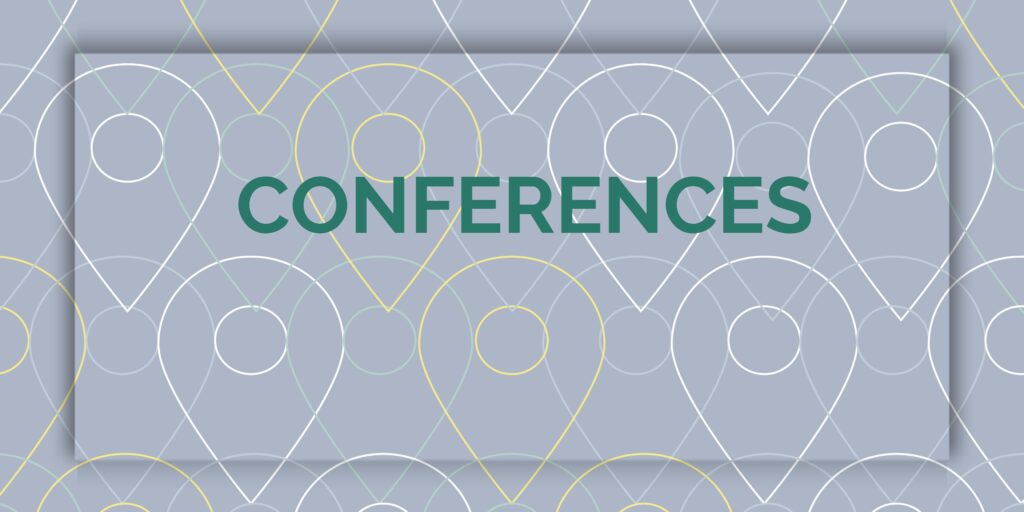
Council for Exceptional Children Convention & Expo: each year at the CEC Convention & Expo, thousands of special education professionals from around the world come together to learn, share, grow, and connect.
Division for Early Childhood International Conference on Young children with disabilities and their Families
PACER Center Online live streamed workshops and events

Supplemental Security Income (SSI)
SSI provides monthly payments to people with disabilities and older adults who have little or no income or resources. Children with qualifying disabilities whose families meet SSI’s low income and asset requirements are eligible to receive monthly cash payments intended to help families meet their child’s needs.
Temporary Assistance for Needy Families (TANF) program provides states and territories with flexibility in operating programs designed to help low-income families with children achieve economic self-sufficiency. States use TANF to fund monthly cash assistance payments to low-income families with children, as well as a wide range of services.
Supplemental Nutrition Assistance Program (SNAP)
This program provides low-income individuals assistance with purchasing food through an electronic debit card. There are different eligibility thresholds and benefits for individuals with disabilities.
Early Education (IDEA): The Individuals with Disabilities Education Act (IDEA) is a law that makes available a free appropriate public education to eligible children with disabilities throughout the nation and ensures special education and related services to those children. The IDEA governs how states and public agencies provide early intervention, special education, and related services to more than 8 million (as of school year 2022-23) eligible infants, toddlers, children, and youth with disabilities.
Medicaid This joint federal and state program provides basic medical coverage to low-income persons, including those with disabilities. It provides access to medical services, therapies, medications, and long-term care. Many states also support waiver Medicaid programs that cover residential, daycare, career, and other services. Visit kidswaivers.org to check what’s available in your state.
Children’s Health Insurance Program (CHIP) This program varies by state and has a different name in each area. It provides comprehensive health coverage, including dental care, to individuals under 19 whose families can’t afford private insurance but whose incomes are too high for Medicaid. Depending on family income a premium may be charged.
State-by- state tax credits / breaks are available as deductions for home improvements that accommodate a disability, medication, medical equipment, and transportation related to medical care.
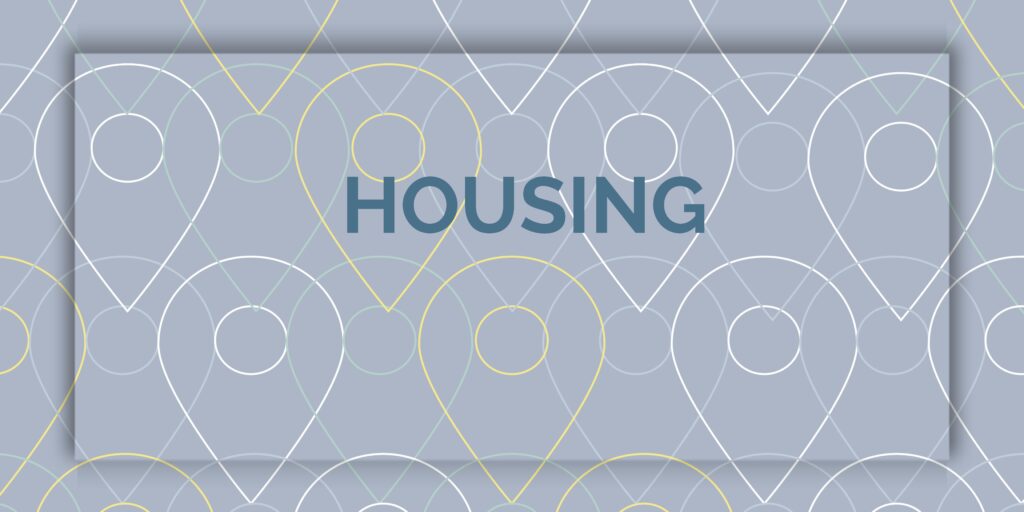
Parents and other caretakers who have low incomes, but who want to buy a home to accommodate a child’s disability or parents who want to buy a home for a disabled adult child, have options.
Fannie Mae’s HomeReady mortgage allows a non-occupant, co-borrower on the mortgage, which means someone who has a good credit history can co-sign the loan, but doesn’t have to live in the home. Disability and Social Security benefits also count as income sources when applying, as does roommate or rental income. The program is backed by Fannie Mae and administered through a bank or credit union
USDA Single Family Housing Direct Loans are designed for low-income families who live in unsafe or unhealthy housing and want to buy, or renovate, a home. The program helps subsidize mortgage payments for a designated period, depending on income. It is administered through state USDA Rural Development offices rather than traditional lenders. The USDA has other housing programs for those who don’t qualify, from mortgages to helping renovate a home to accommodate a disabled family member.
HUD Housing Choice Vouchers, the U.S. Department of Housing and Urban Development program is administered by state housing authorities or agencies, and helps people with disabilities buy a home or make one accessible.
The FHA has a web page that lists down payment grants and links available by state.
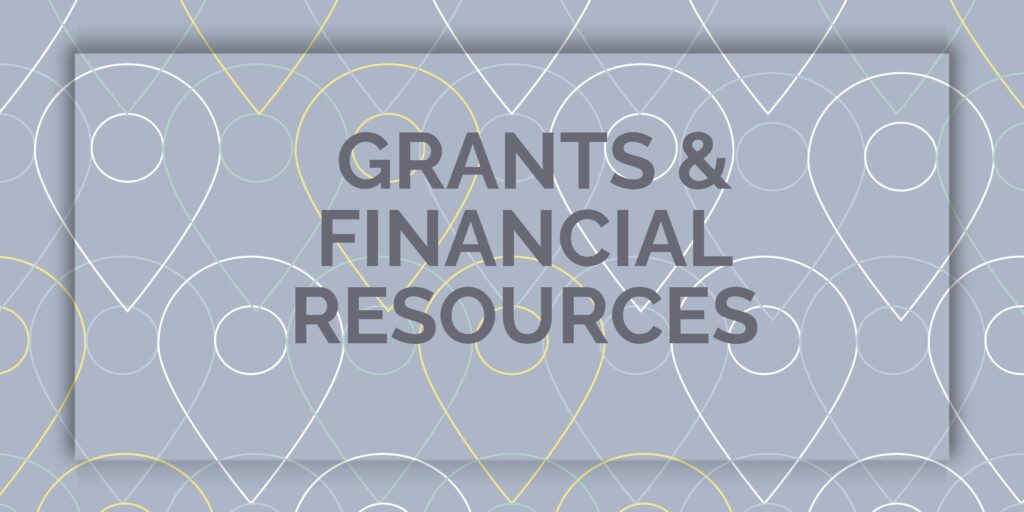
Alyssa V. Phillips Foundation – Provides financial support to those impacted by Cerebral Palsy so they can receive ongoing and necessary therapy or equipment not covered by insurance.
Aubrey Rose Foundation – Helps families with children who are currently living with a life-threatening medical condition.
Autism Care Today SOS Program – Supports those impacted with autism who have an immediate need for treatment or support and whose safety is jeopardized if treatment is not found.
Believe in Tomorrow – Pediatric hospital housing and respite housing.
Blind Citizens – Assistive Technology Fund (ATF) provides funds to cover 50% of the retail price of adaptive devices or software.
Byron Riesch Paralysis Foundation – Provides assistance to those that suffer from neurological disorders.
Different Needz Foundation – A place to buy and sell gently used medical equipment and adaptive toys. They also have a grant available to purchase such items as well.
Federal Grant Wire – 60 children’s federal grants, government grants and loans.
Flyin Ryan Foundation – Adventure scholarships based on financial need, character which reflects Ryan’s principles of living, and demonstrated passion to pursue your adventure of choice.
Giving Angels Foundation – Enhances the lives of children under the age of 21 with any type of physical disability or illness.
The Jiselle Lauren Foundation – Helps any family whose child has a special need or disability achieve things that wouldn’t be possible otherwise.
Kiddie Pool – Works as a fundraiser to help families raise money for special adaptive equipment.
Kiddos’ Clubhouse Foundation works to make sure children with emotional and developmental challenges get access to therapies that they need. Funds are raised through charitable events, donations, and grants and offered directly to recipients.
The LENN Foundation – Helps children with cerebral palsy by providing financial relief for medical needs.
The Orange Effect Foundation– Making sure children with speech disorders receive the technology and tools that they need.
Lori’s Voice – Enriches the lives of children with muscular, neurological, and other degenerative diseases.
McLindon Family Foundation – Provides adaptive bikes to children with special needs.
Morgan Project – Provides resources, gently used disability equipment and small grants.
The Federation for Children with Special Needs – Provides support, resources, and assistance.
The Oracle Health Foundation – Provides funding for items to improve the quality of life of individuals with disabilities not otherwise covered by insurance.
Partnership for Prescription Assistance – Helps qualifying patients without prescription drug coverage get the medication they need through the program that is right for them. Many will get their medication for free or nearly free.
Pediatric Angel Network – Providing relief and hope to families with an ill or disabled child during a difficult time.
UnitedHealthcare Children’s Foundation This non-profit charity improves the quality of life for a child 16-years-old or younger by reducing the financial burden that is left when health insurance doesn’t cover the entirety of medical expenses. This grant could be used for surgeries, therapies, or equipment coverage.
United Spinal Association – Has a list of grants for children with spinal conditions and other disabilities.
Variety Children’s Charity – Helps kids gain mobility, confidence, freedom, independence, and the chance to join in the life of their community by providing funding for walkers, wheelchairs, specially-designed adaptive bikes, strollers, prosthetic limbs and other devices to families with the most need.
Project 10: This site provides information about scholarships, grants, and financial resources that are helpful to those with disabilities.
Possibilities: This is a financial resource for parents of children with disabilities.
A Parent’s Guide to applying for grants for children with disabilities.
The Maggie Welby Foundation – provides grants to help with medical bills, to modify your vehicle, or just pursue an opportunity that otherwise would not be available to your child.
The Parker Lee Project – helps cover the cost of equipment and medical treatment not covered by insurance. Parker Lee also provides excellent educational help and support to parents of disabled children.
The Different Needz Foundation – provides grants to those with disabilities focusing on what they may need in the future. Help could involve financial assistance or equipment needs.
The Oracle Health Foundation – provides funding for items that will improve the quality of life for a person with disabilities that may not be covered by health insurance. It also can provide financial relief for medical bills.
Wheelchairs 4 Kids – provides the highest quality wheelchairs for children who need them. In addition, Wheelchairs for Kids can help with grant money for wheelchair ramps to home modifications to wheelchair accessible vehicles.
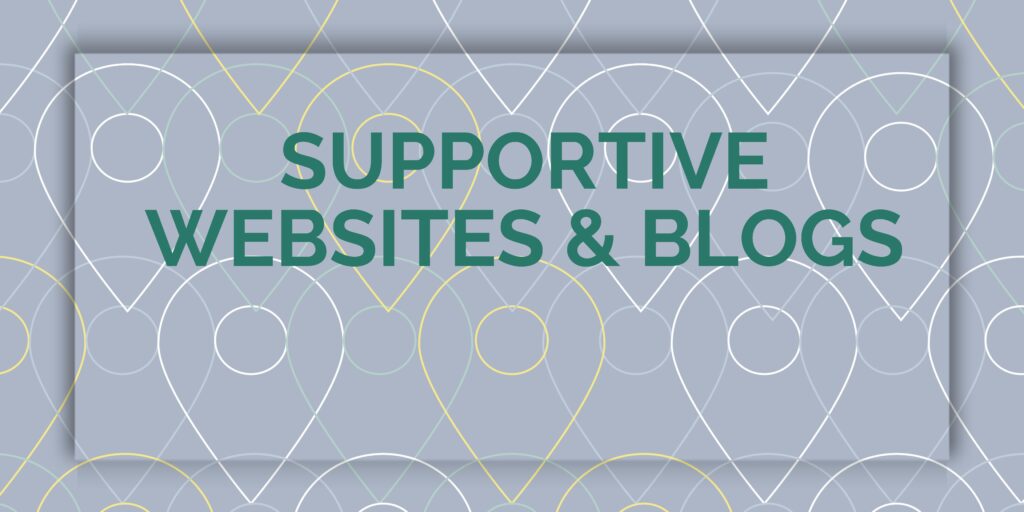
LD Online: LD Online helps parents build a relationship with their child’s teacher.
Center for Parent Information and Resources: A training module for screening, evaluation, and assessment procedures for early intervention can be found here to help parents of babies and toddlers.
Center for Parent Information and Resources: 10 Basic Steps in Special Education explains the process special education services for a child.
Closing the Gap: Closing the Gap helps people learn how to utilize assistive technology to change lives.
Different Dream: A gathering place for parents of children with special needs and disabilities.
Embracing Imperfect: blog that helps moms raise kids with special needs.
Help Guide: Help Guide offers advice for helping children with learning disabilities at home and at school.
Hopeful Parents: Grassroots support for parents of kids with special needs.
The Mighty: Facing disability, disease and mental illness together. Dedicated to sharing stories from parents and people with autism, Down syndrome, mental illness, chronic illness and other rare diseases.
The M.O.R.G.A.N. Project: Children with health care needs and their families benefit from the volunteers in the M.O.R.G.A.N. Project provides support and promotes awareness.
National Center for Learning Disabilities: The National Center for Learning Disabilities answers frequently asked questions (FAQ) on this page of resources.
Office of Disability Employment Policy: The United States Department of Labor offers many different disability employment policy resources that are categorized by topic.
Parent Training Information: Education topics and laws are presented on this site along with local information for those who live in Massachusetts.
Reading Rockets: Back-to-School Tips for Parents of Children with Special Needs is a great article to get the school year off to a good start.
U.S. Department of Education: The U.S. Department of Education provides many resources and research for parents of children with special needs.
Wonder Moms: Wonder Moms is a project by three moms to share real talk, helpful information, and practical advice with parents of kids who have intellectual disabilities, Down syndrome, autism, language and speech delays, deafness, chronic illness, and traumatic brain injury.
Wrights Law: resources about special needs laws and education.
Children with disabilities: Support for Parents Group
Community of Practice for Supporting Families with Disabilities: The Community of Practice for Supporting Families with Disabilities is a place to share resources and knowledge and to discuss issues.
Disability Friends: For anyone who supports a person with disabilities.
Disabled Parenting Project: an online community for parents with disabilities and people with disabilities who are considering parenthood.
Federation for Children with Special Needs: To benefit those with special needs or disabilities, Federation for Children with Special Needs provides support and inspiration.
IDEA & IEP Tips: For Parents of children with disabilities.
Invisible Disabilities Association Encourage, Educate and Connect People and Organizations Touched by Illness, Pain and Disability Around the Globe!
Parenting Special Needs Magazine: This Facebook page gives inspiration and support to those with special needs and their families.
Parents of Special Needs Children: Family members of special needs children can find support and information on the page.
People with Disabilities Support Group: Advice and friends with disabilities
